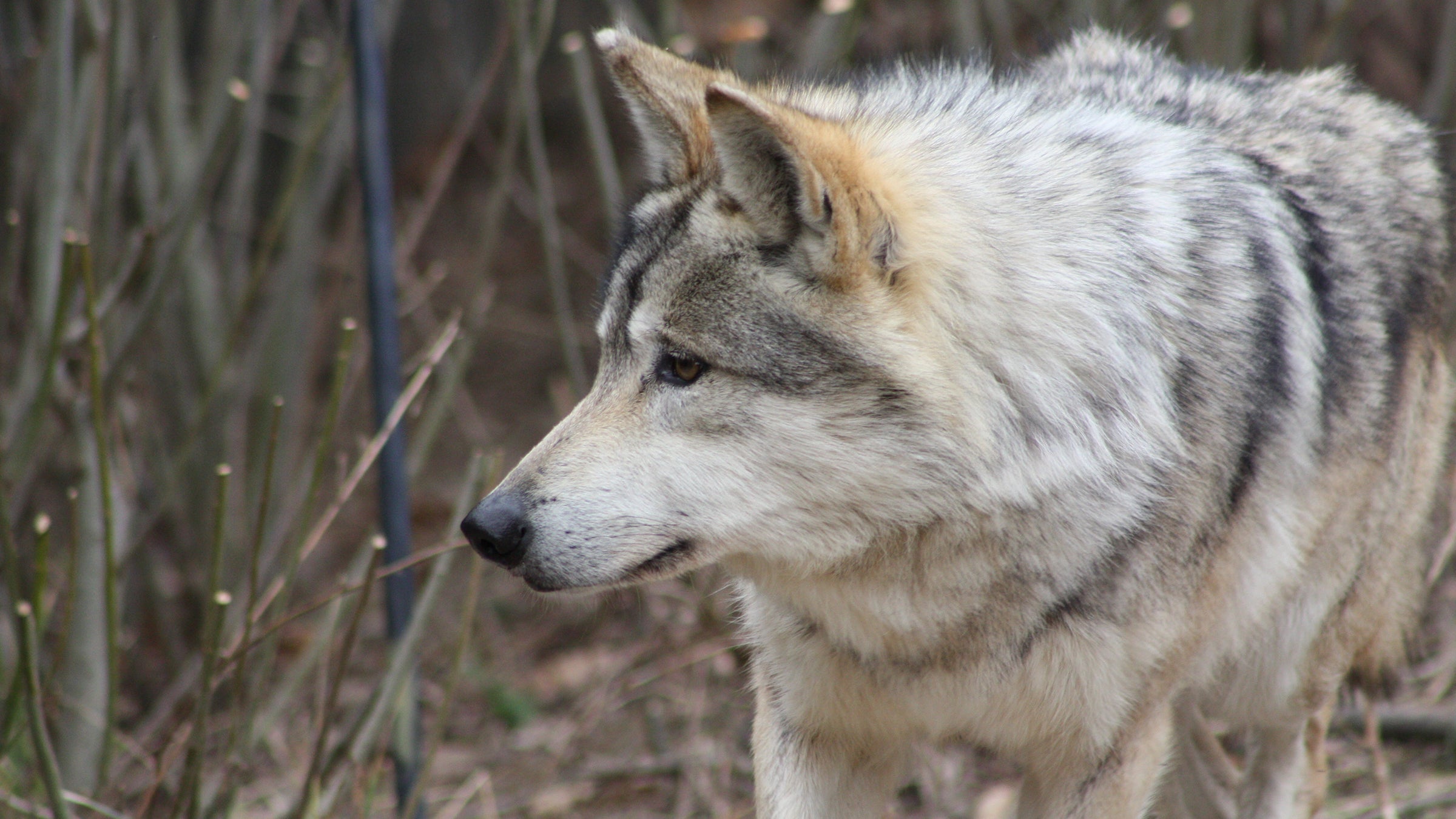Wisconsin's Wolf Quota Was 119. Hunters Killed Almost Twice as Many.

(Photo: amandarichard421)
Wisconsin hunters killed 216 gray wolves in February, 82% above the state’s target of 119, in an abridged hunting season held over the objections of local tribes, conservation advocates even, at one point, the state’s own wildlife officials.
A perfect storm of factors contributed to the overkill. The state hadn’t held a wolf hunt since 2014, when a federal judge ruled that the canids would have to remain on the Endangered Species List. That ruling held until this January, when the U.S. Fish and Wildlife Service delisted the wolf yet again. According to state law, Wisconsin is required to hold a wolf hunt if the animal isn’t federally protected.
Wisconsin’s Department of Natural Resources originally attempted to schedule the hunt for November, arguing that it needed more time to develop a “science-based” plan for the hunt and allow for comment from the public and tribes. In response, Hunter Nation, a Wisconsin-based advocacy group, sued, claiming the state was “intentionally delaying the wolf harvest to give radical anti-hunting groups time to block the delisting and stop a hunt altogether.” On February 14, a state circuit court judge ruled in their favor, ordering the state to begin the hunt that same month.
Read More: Colorado voters were deciding whether to reintroduce wolves—but the wolves got a head start.
The DNR initially set a quota of 200 wolves for the season. However, the Ojibwe Tribes, which have opposed the hunt in the past and typically use their permits to protect wolves, claimed 81 under their treaty rights, leaving 119 for hunters who applied through the department. The DNR sold 1,547 tags, or roughly 13 per animal, double what the state had issued in the past.
On the morning the season began, fresh snow blanketed much of Wisconsin, making it easier for hunters to track their prey, reported the Milwaukee Journal-Sentinel. Complicating matters further, Wisconsin law requires the DNR to give 24 hours notice before calling off a hunt, which slowed the agency’s response when the overshoot became obvious. In a press conference, Eric Loebner, the department’s wildlife program manager, said the state had reacted as quickly as it could to begin shutting down the hunt.
“It’s easy at this point in the game to say, yeah, maybe we should have closed it a little bit sooner, but we were monitoring that harvest constantly…Ultimately, we ended up going a hair over,” he said.
In a joint blog post, Kitty Block and Sarah Amundson, presidents of the Humane Society of the United States and the Humane Society Legislative Fund respectively, called the season “from start to finish, an example of the worst wildlife management practices,” and criticized the state for allowing a hunt during the wolves’ breeding season.
“We now know that nearly half the wolves killed were females. Entire wolf families were likely destroyed,” they wrote. “And worst of all, nearly 85 percent of the animals killed were hunted down by packs of dogs — an extremely cruel and unsporting practice that no other state allows for wolf hunting.” The Humane Society, along with five other nonprofits, is currently suing the U.S. Fish and Wildlife Service over the animals’ delisting.
Hunters and habitat fragmentation drove wolves to extinction in Wisconsin in the 1950s, but recolonized the state from Minnesota after the passage of the Endangered Species Act in 1973.
Prior to the hunt, state officials had estimated there were just shy of 1,200 wild gray wolves living in Wisconsin; February’s hunt reduced that number by roughly 18%. Keith Warnke, the department’s administrator of parks, land, and wildlife, said that the department would need to see population estimates for later this year before deciding how to react.
“We have a robust, resilient wolf population,” he said. “I think we are very, very confident that we’ll be able to manage [them] properly going forward.”